Life lessons from all of the women I have spoken to during Black History Month
What I have learnt from the Black women I’ve interviewed on my podcast...
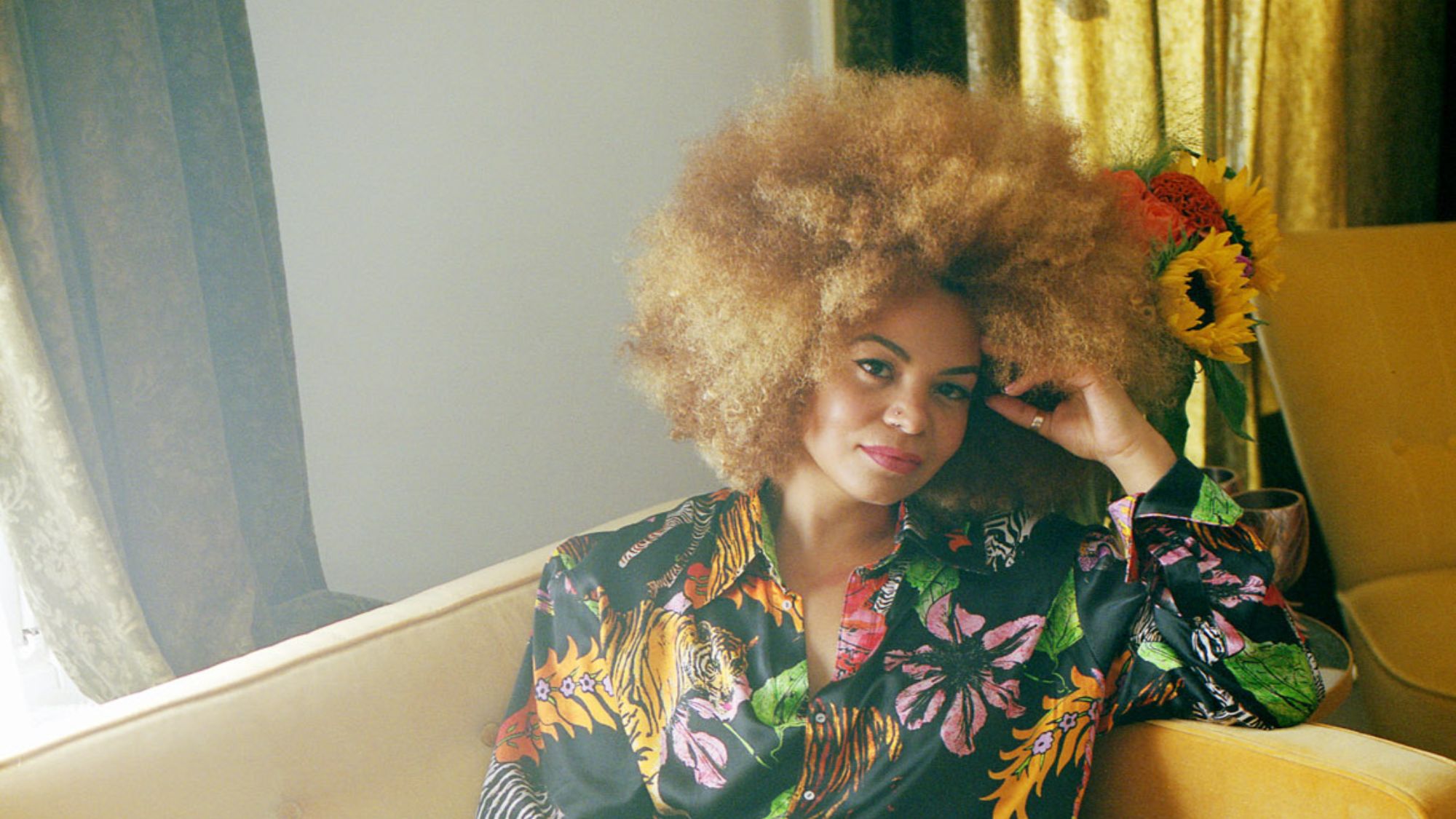
For some time now, I have been obsessed with talking to people about their lives.
Since starting my podcast, Mixed Up, I have interviewed over 100 people, all from different backgrounds with varying stories, all intimately discussing their experiences, unpacking the nuance of the highs and lows to glean insight into what life has taught them.
In actuality, I am many things - your typical multihyphenate when it comes to both my work life and my interests; a sustainability consultant as my modus operandi, a marketeer and a soon to be author… but of everything I have done so far - this perhaps is my life’s work. The work I have learnt the most from in the shortest period of time, simply from listening.
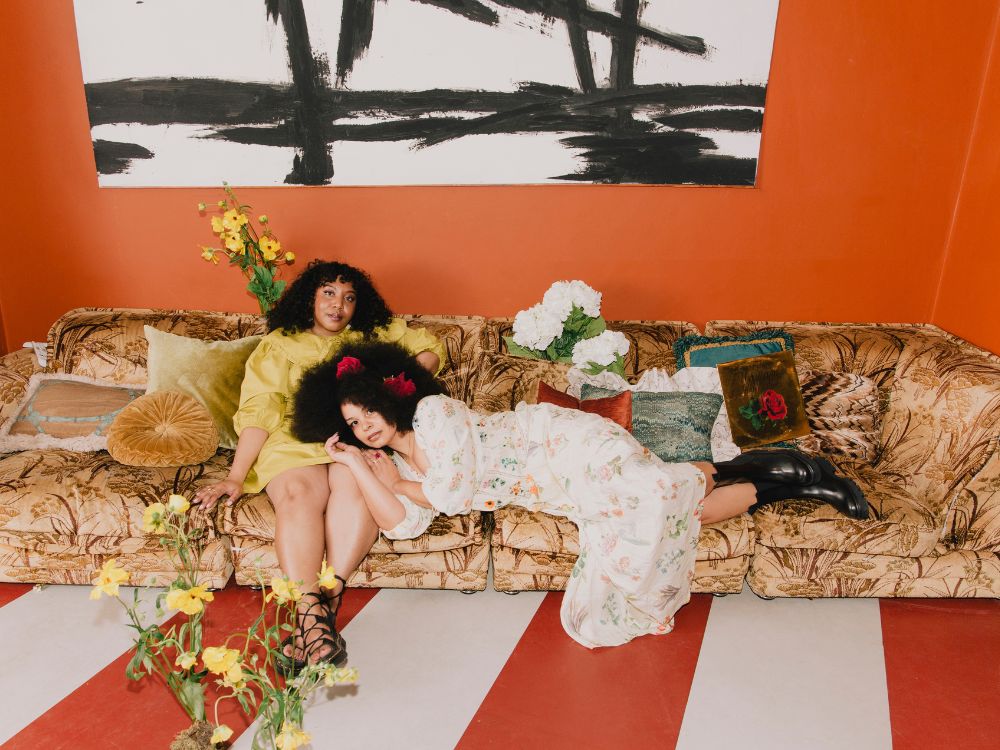
What began as an invitation to the mixed race community to talk, the podcast which set out to explore race and identity, specifically through the lens of the mixed race experience, showed itself to be an inclusive dialogue that covers so many of life's everyday challenges and questions from grief, to love and beauty ideals, political takes, mental health, shame and sexual rediscovery. These conversations truly have something for everyone.
If I’m truly honest with myself I think my favourite time of year to glean advice has to be Black history month. I love collecting life learnings from other Black women. I get a kick out of listening to the hugely varying paths that they have trodden to find joy, peace and success.
This October, I embarked on a special mini series in honour of Black history month and here are the life lessons I have learnt from our guests along the way:
A post shared by Mixed Up Podcast (@mixedup.podcast)
A photo posted by on
Afua Hirsch
“Belonging is a journey not a destination”
Marie Claire Newsletter
Celebrity news, beauty, fashion advice, and fascinating features, delivered straight to your inbox!
When I spoke to broadcaster and journalist Afua Hirsch about her career, her book Brit(ish) and her journey in exploring her own identity through the writing of the book - she told me that she believes that in order to find ‘home’, we have to seek out a way to be part of the fight for collective liberation.
Afua speaks to the history of oppression on both sides of her heritage being of Jewish and Ghanaian ancestry and cites this as one of the reasons her work takes the form it does.
We talked about this struggle for collective liberation being in some ways an undeniable part of us specifically as people of mixed heritage, but reflecting on this - for me it’s clear that this applies to us all. Nobody’s free until everybody’s free.
When it comes to the identity journeys of our children, Afua cautions that we don’t usually realise that we don’t have any choice over how they will self identify and that identity is a choice ‘nobody can tell you what you are…it can't be policed.’ Her approach to guiding her own daughter, or rather giving her the tools to explore her identity, is to make sure Ghana is not romaticised or othered through toxic narratives. She wants it to be a real place for her and for her to know the food, the language and the culture.
Ultimately, Afua tells us that the business of forming identity and cultivating a sense of belonging is an ongoing lifelong project.
A post shared by Mixed Up Podcast (@mixedup.podcast)
A photo posted by on
Rosemary Adaser
“Being an activist, where you're starting from a position where nobody's even heard of ‘mixed race Irish’, it's a lot of work. It was a lot of work. We go back to the beginning when we were talking about finding your own narrative, finding your own voice, insisting on a degree of visibility that was denied you.”
Speaking to activist Rosemary Adaser, the founder and former CEO of the Association of Mixed-Race Irish was emotional and heavy in moments. Rosemary was a member of the Collaborative Forum on Mother and Baby Homes, and campaigned to ensure the commission examined the experiences of children who had Irish mothers and Black fathers, highlighting to the world the damning evidence of abuse that took place in Irish mother and baby institutions when these children were abandoned and handed over to the state.
Rosemary shares her story of surviving Ireland’s mother and baby institutions as a mixed race Black Irish woman. It’s a difficult and relatively untold history but a powerful example of how much of our collective histories we have yet to truly unpack and understand. Rosemary created the Association of Mixed-Race Irish to find and nurture a community among those who had been affected and has managed to help many people find each other to begin a sort of collective healing.
The biggest takeaway from this episode was that the sanctity of our future can often be tied to some of the horrors of our past; that our histories that are not so well known can be the most important to explore, and they are the biggest catalysts for creating change in our communities and for ourselves.
Candice Brathwaite
I interviewed bestselling author, TV presenter, and style guru Candice Brathwaite, following the release of her first YA fiction book, Cuts Both Ways. She was candid, funny and vulnerable in the way that she generously is online. She spilled the tea on the aftermath of being bullied publicly online, being relegated to the sidelines of conversations she began, and gave great advice for women on boundary setting and protecting your mental health. These are some of the key lessons I learned from our conversation:
"You have to carve out spaces where mediocrity is the win"
As Black women it’s easy for us to get wrapped up in levelling up, even in our hobbies and pastimes we can get caught up in how we can be the best, how we can turn our side hustles into a business, how we can get passive income. But sometimes we need to find peace in the mediocrity of learning a new skill. Of enjoying the things that we love without it having to be all about getting the bag. Sometimes mediocrity is the win and we can learn to be comfortable in that. It’s time to relieve the pressure on ourselves to be excelling at everything all the time.
"Girl - the only thing between you and the next level is your brain"
We can be our own worst enemies and the fear that resides in our own brains is often what holds us back. The fear of the unknown, the fear of repeating past mistakes, the fear of failure - ultimately our brains are trying to keep us safe but can be the very thing that blocks our blessings. We often get caught up in the stories we have about ourselves in our own minds about what we deserve, what is possible for us and we end up standing in our own way. It’s time to free ourselves from the past, free ourselves from the stories that we can come up with that mean we don’t deserve everything this life has to offer. Our ancestors, the women who came before us, have shown us we are brave. Not everyday hold ourselves back for safety, sometimes take the leap and find joy in the unknown.
Catch all the episodes of the Mixed Up podcast by Emma Slade Edmondson and Nicole Ocran on Apple Podcasts, Spotify and Google Podcasts.
Emma Slade Edmondson is the author of The Half Of It, a Sustainability consultant, and a host. She has written on race and identity, sustainability and fashion, and for publications like Grazia and Eco Age. In 2020, she launched her award-winning podcast Mixed Up, an exploration of Race and Identity through the lens of the Mixed-Race experience.
-
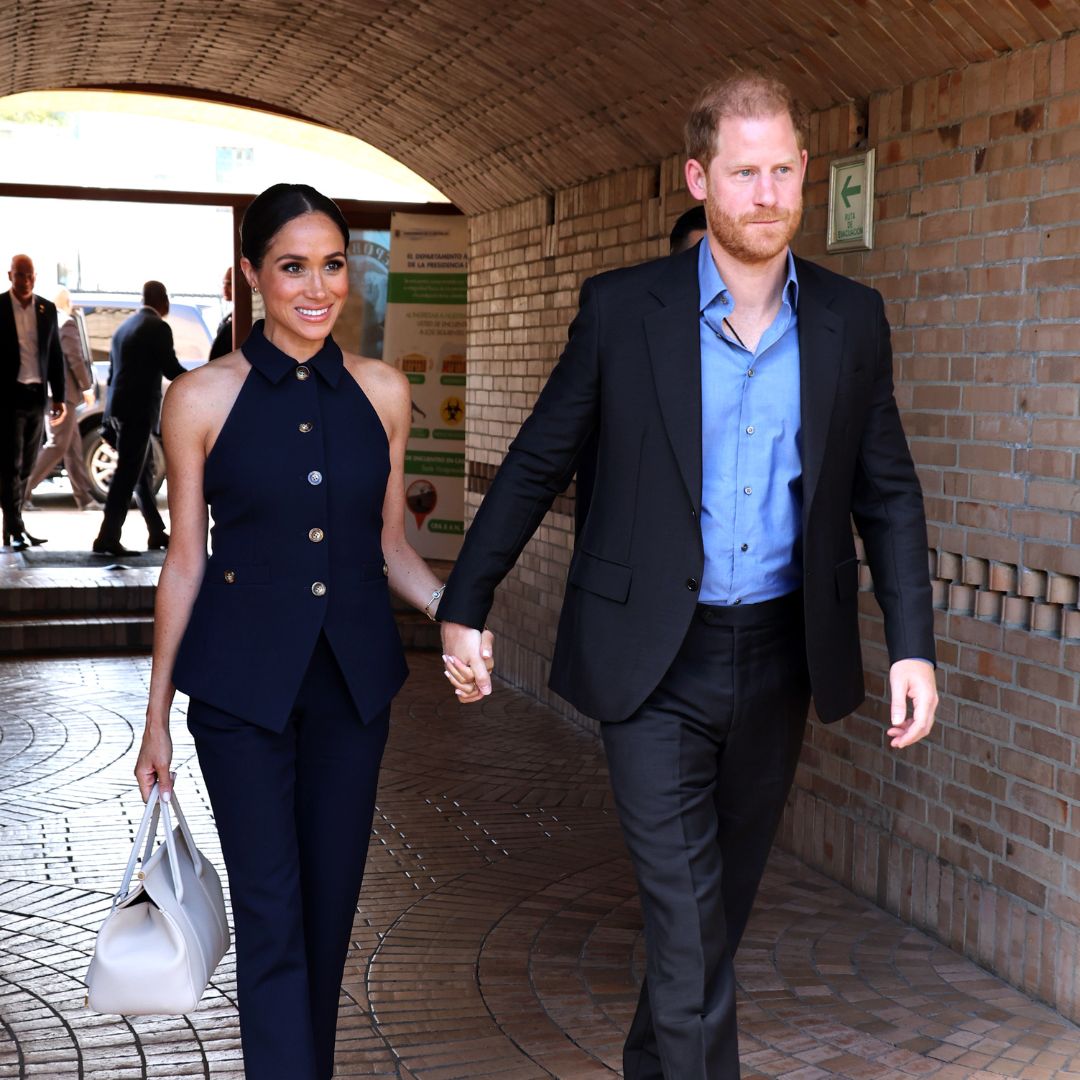 Prince Harry's "proud" words about wife Meghan Markle are going viral
Prince Harry's "proud" words about wife Meghan Markle are going viralBy Jenny Proudfoot
-
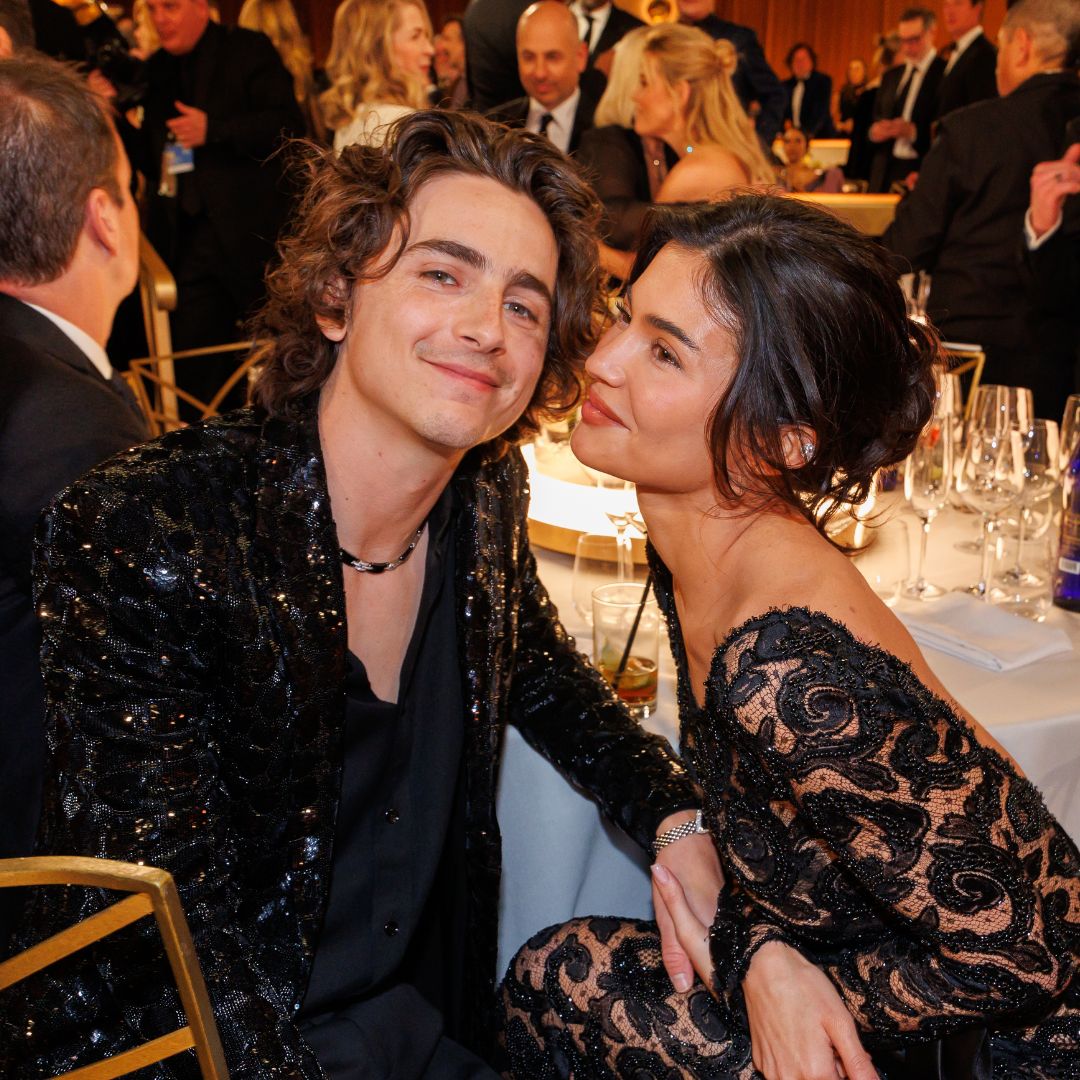 Sources have opened up about Timothée Chalamet and Kylie Jenner's "intense" start to the year
Sources have opened up about Timothée Chalamet and Kylie Jenner's "intense" start to the yearBy Jenny Proudfoot
-
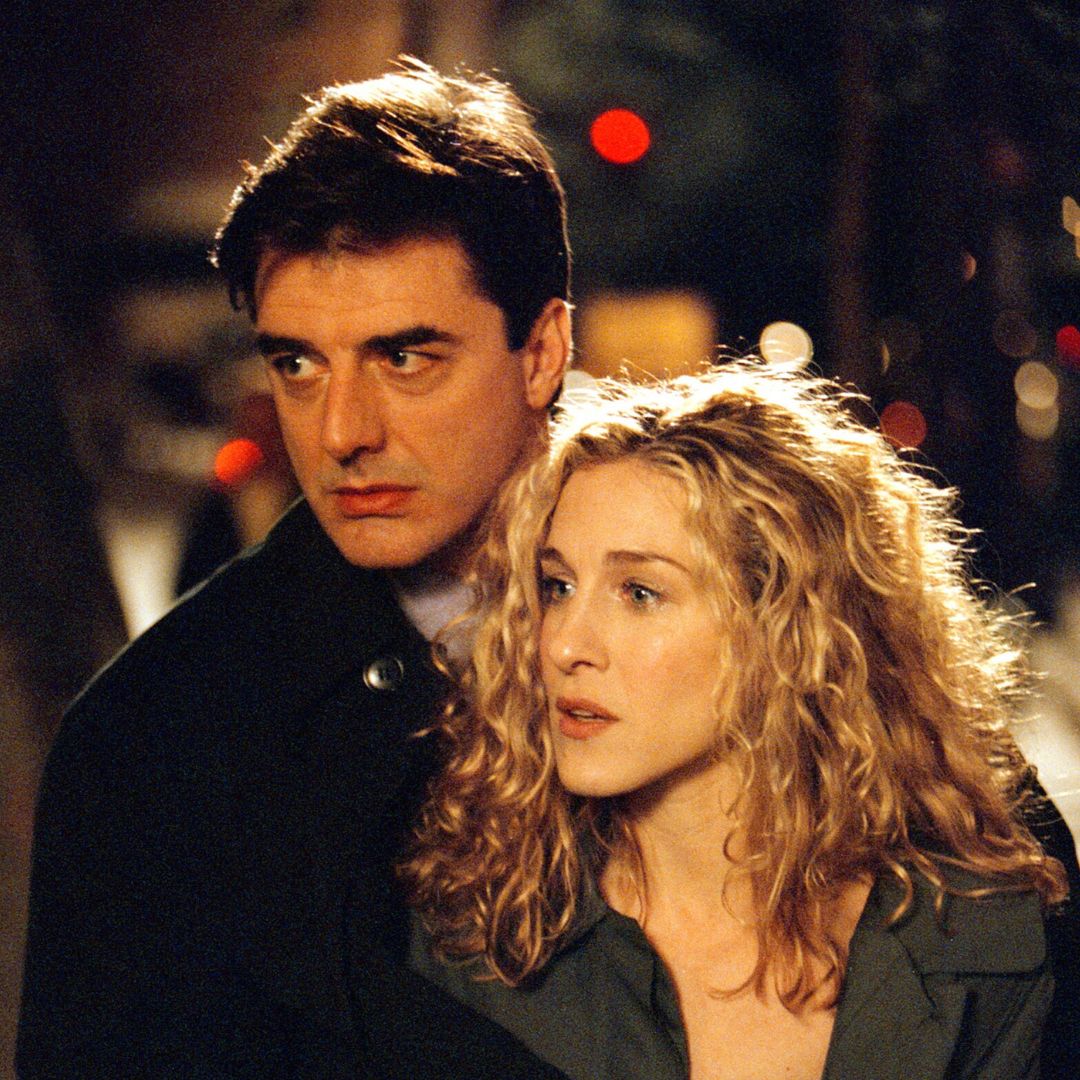 Two Hollywood actresses were offered the role of Carrie Bradshaw before Sarah Jessica Parker
Two Hollywood actresses were offered the role of Carrie Bradshaw before Sarah Jessica ParkerBy Jenny Proudfoot